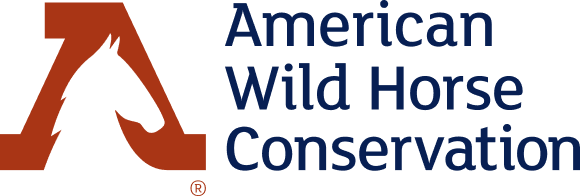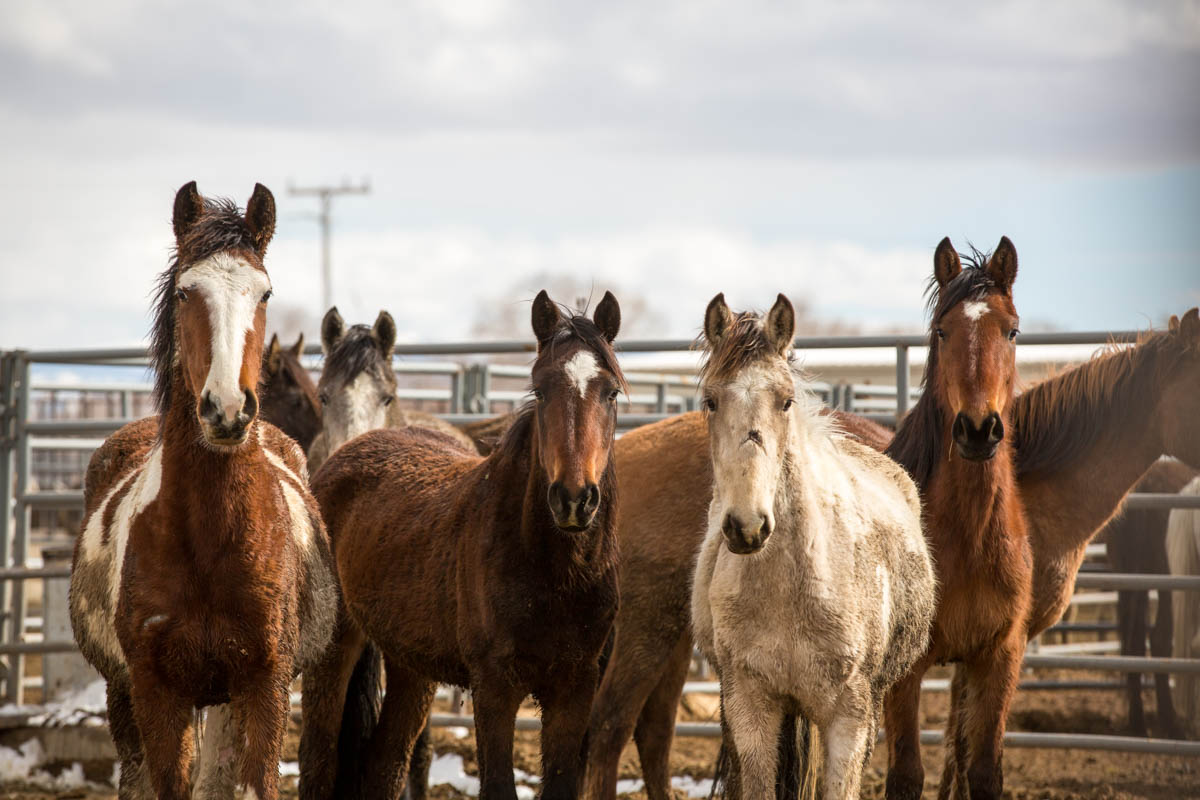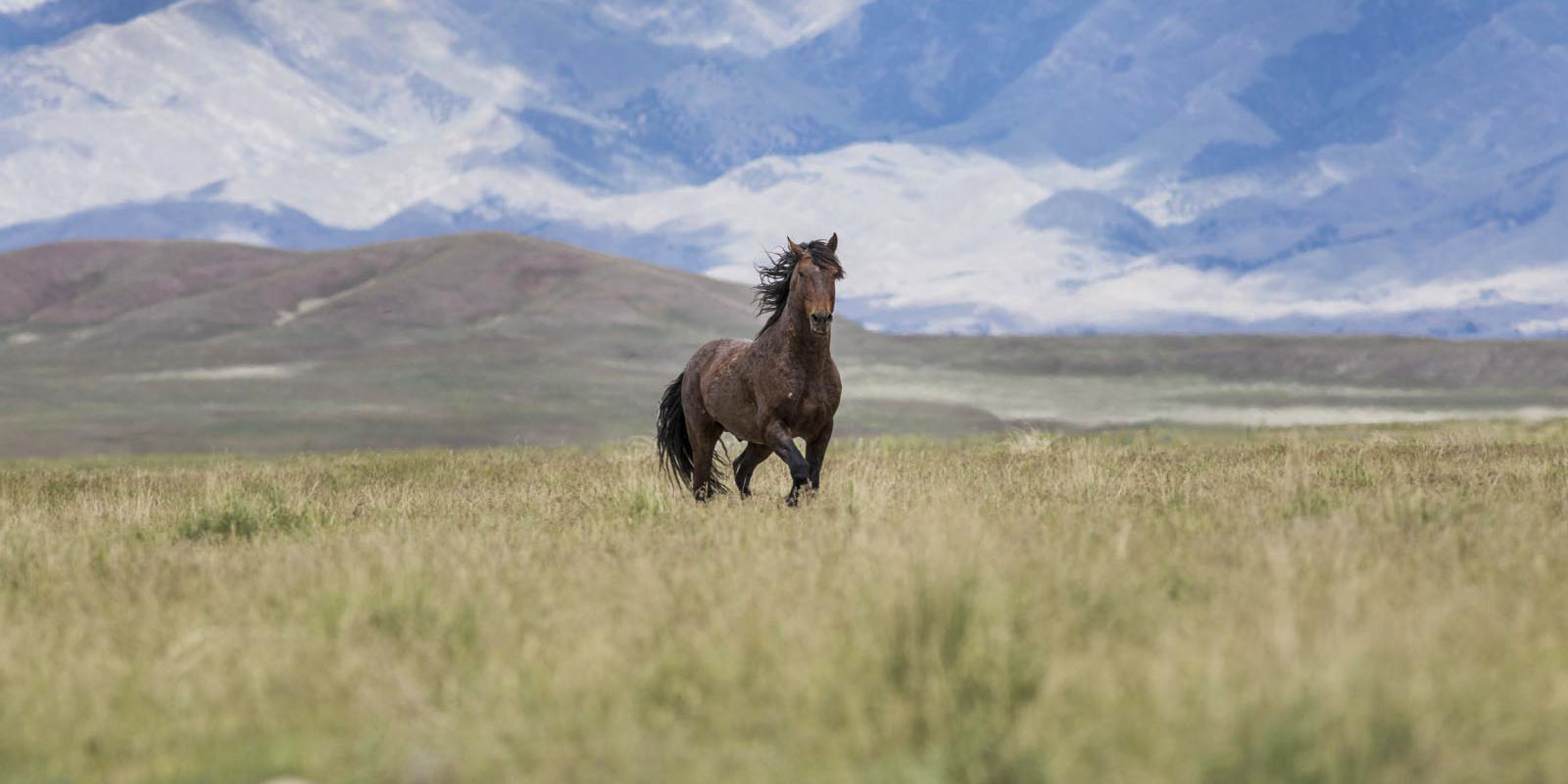(April 2, 2020) Wild horses and burros roaming freely on western public rangeland managed by the Bureau of Land Management (BLM) and the United States Forest Service are untouched by COVID-19. However, because thousands of others are in holding at government facilities, AWHC decided to check in with the two agencies to see how they are responding in light of the ongoing pandemic.
BLM
According to current data from the BLM Wild Horse and Burro Program, as of March 2020, 47,641 horses and 1,342 burros – a total of 48,983 unadopted and unsold animals – are being held at following BLM Off-Range facilities:
-
12,438 – 11,096 horses and 1,342 burros – at 26 Off-Range Corrals (11 public preparation facilities and 15 public and privately contracted maintenance facilities);
-
35,403 horses at 33 privately contracted Off-Range Pastures; and
-
1,142 horses at 4 public Off-Range Pastures.
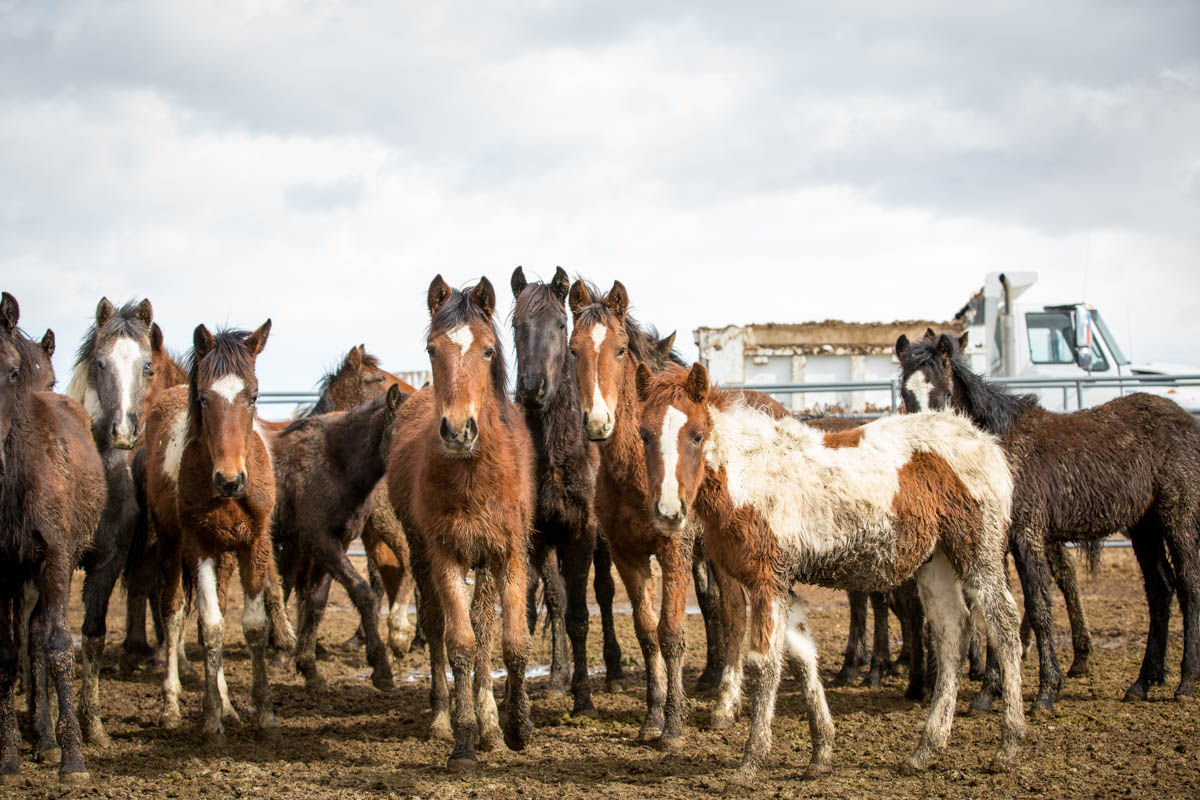
Delta holding corrals in Utah. Photo by Kimerlee Curyl.
In response to AWHC’s questions regarding the agency’s plans for wild horses and burros during COVID-19, Paul McGuire, Outreach Specialist with the National BLM Wild Horse & Burro Program, provided this statement and information:
"To support President Trump's call to action aimed at slowing the spread of COVID-19, the BLM is working within rapidly evolving guidance from local and state health authorities and the Centers for Disease Control and Prevention to minimize the risk of transmission while delivering our services to the greatest extent practicable. Accordingly, the BLM is assessing upcoming wild horse and burro events and encourage prospective adopters and purchasers to visit our website for the latest information on event changes and facility closures or contact the BLM at 866-4MUSTANG or [email protected].
- Essential care for animals in BLM and contracted facilities – such as feeding and watering – continues to be provided. Discretionary care that requires close interaction among staff and/or contractors – such as routine hoof trimming – may be suspended temporarily to support social distancing guidelines. To the extent practical, BLM personnel are conducting virtual oversight of contracted facilities using available technologies.
- Many events originally scheduled for the next couple of months have been canceled or postponed. The Online Corral adoptions/sales scheduled for April 14-21 and May 12-19 are still ‘go’ as of this writing.
- BLM has suspended most shipments of animals until further notice to support social distancing among staff, contractors and others involved in that work."
Additionally, Mr. McGuire stated that “Helicopter gathers are currently suspended until July 1 to correspond with peak foaling season. Bait and water trap gathers may still occur on a case by case basis”
Forest Service
The Forest Service has two holding corrals – one at the Carson National Forest in Bloomfield, NM and the other, the Double Devil Wild Horse Corral, at the Modoc National Forest in Alturas, CA.
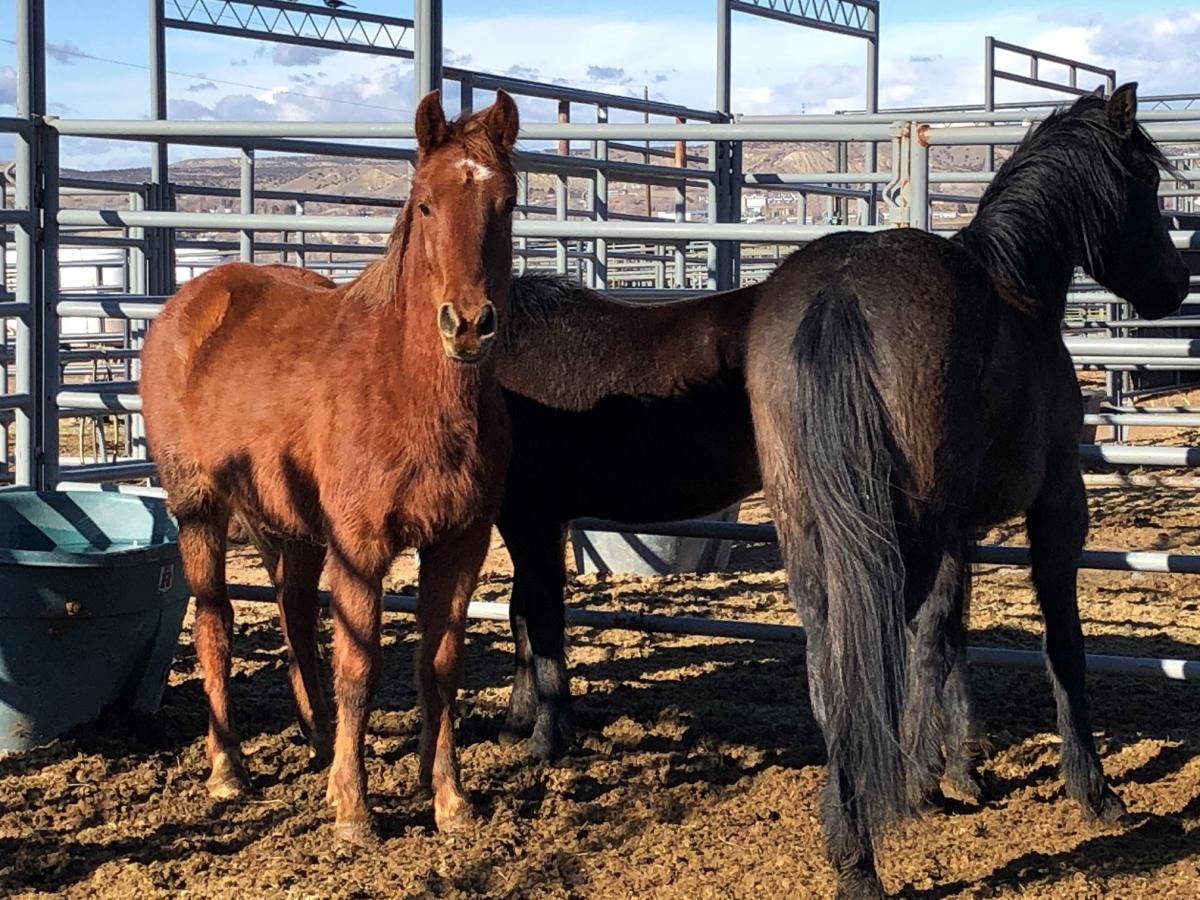
Horses at the Carson National Forest Corrals. Photo: Carson NF
The Carson National Forest reported that it’s caring for 35 wild horses, but only half are available for adoption because a veterinarian has not come to the facility for over a month to prep them in order to maintain social distancing.
Sean Kelly, the Wild Horse Coordinator, explained that staff has “been going about horse caretaking business as usual,” adding that they’re “grateful to have work that does not involve interaction with other people.”
Bait trapping on the Carson National Forest continues as do adoptions at the Bloomfield corral, although demand is limited. Mr. Kelly added that potential adopters must answer health and travel questions before “entering any USDA facility.”
By contrast, the Modoc National Forest refused to disclose the number of horses still remaining at the Double Devil corral after the 2019 roundup and removal of Devil’s Garden Wild Horse Territory. (It is estimated that 100-120 horses, including geldings and pregnant mares, remain in the pens.)
According to Ken Sandusky, Public Affairs Officer at the Modoc National Forest, employees have “not changed our practices for caring for the horses” at the Double Devil Corrals.
Sandusky confirmed that adoption and sales of horses, as well as their transport, are continuing despite the public health crisis gripping our nation. He did not reference any efforts by the Modoc to enforce social distancing requirements or screen visitors to the corral.
AWHC will soon be posting an update soon on growing concerns about the Forest Service's ongoing attempt to dispose of captured wild horses by selling them for $1 a piece and providing free transport.
